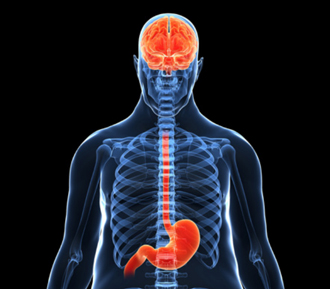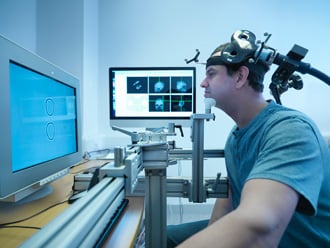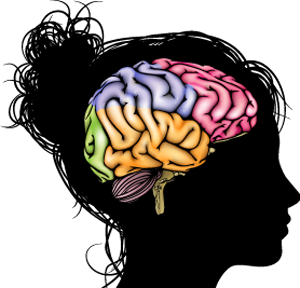Steep Increase in Rate of Alcohol-Related Emergency Department Visits
The rate of alcohol-related visits to U.S. emergency departments (EDs) increased by nearly 50 percent between 2006 and 2014, especially among females and drinkers who are middle-aged or older, according to a new study conducted by NIAAA researchers. “In just 9 years, the number of people transported to the ED annually for medical emergencies caused … Read more





